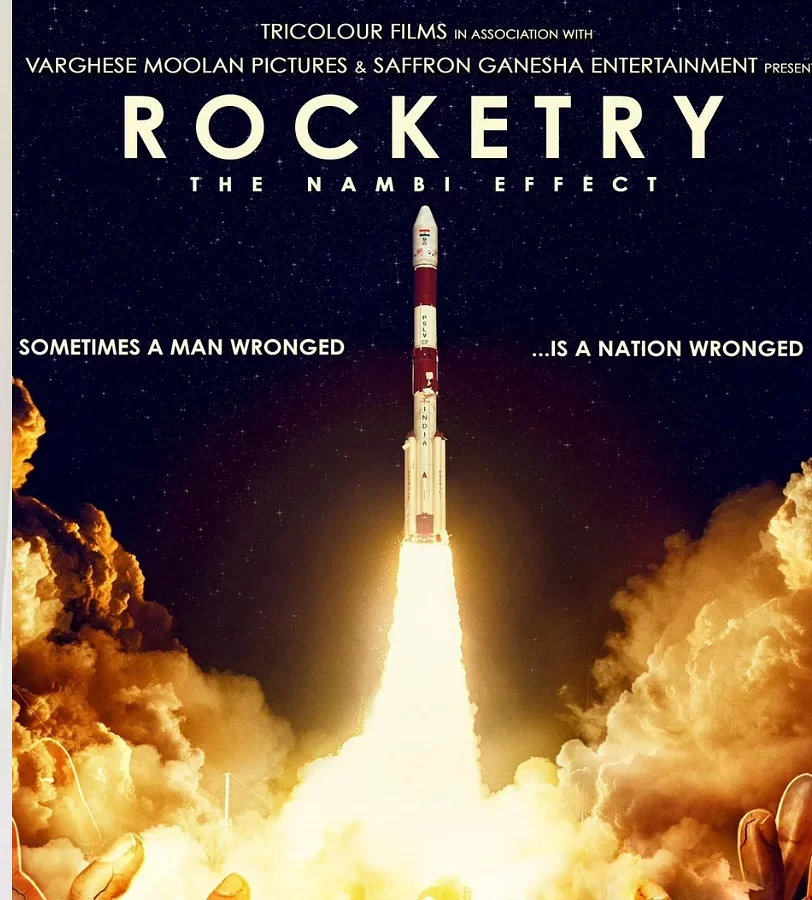MUMBAI: In his keynote speech at a forum on measures to tackle online piracy at the Tokyo International Film Festival on 21 October, Bob Pisano, President and Interim CEO, Motion Picture Association of America (MPAA) called for "forward-thinking" initiatives such as the introduction of a Graduated Response mechanism and Site Blocking that countries around the world are increasingly using to combat the problem of illegal online infringement and the best bet to stop threat of theft of intellectual property on the internet.
Graduated Response is a method of dealing with illegal online file sharing by an escalating series of sanctions against identified repeat infringers. Pisano highlighted France, Korea and Taiwan as countries that have recently passed legislation implementing Graduated Response as such a system provides a fair and reasonable measure which avoids litigation and balances the need to protect creative industries while taking into account the responsibilities of ISPs and Internet users. He also spoke of Governments in the United Kingdom and New Zealand that are also currently working on introducing Graduated Response program in their respective countries.
Pisano called the increase of online intellectual theft "alarming" and an "epidemic” and while MPA focuses on outreach and education of the dangers and consequences of online file sharing, Pisano said he believed the adoption of measures such as the Graduated Response and Site Blocking will "slow the spread of the disease".
"We know there cannot be a one-size-fits-all approach to the problem; that there are cultural and practical issues requiring different approaches from one nation or region to another," said Pisano. "But what we do feel is that the basic belief underlying all of our efforts should be the same — that individual awareness and responsibility are essential if we are to continue to make progress."
In Japan, lawmakers have amended Article 30 of the Copyright Law to make it illegal to download music or movies distributed on the Internet without the authorization of right holders. "We applaud that development," said Pisano. "At the same time, we feel that a robust Graduated Response deterrent scheme, involving all ISPs is also essential."
Pisano also called for Japan to adopt its own Graduated Response approach to address online P2P infringements on localized, anonymous networks such as Winny and Share. "As global industry leaders, your country is clearly in a position to move aggressively to protect your intellectual property, your creative community, the people who have been the driving force of your economy," he added.
He urged rightholders in Japan to talk to the ISPs about their role in protecting online content and in partnership with them to develop a solution aimed at insuring that users can continue to enjoy the full benefits of broad legal access to the internet while preserving the ISPs’ business model.
Pisano spoke to an audience of 120 that included Japanese government officials, film makers, music industry representatives and media, who also heard from participants from around the world including Nicolas Seydoux, Chairman Association de Lutte contre la Piraterie Audiovisuelle (ALPA); Hong Kong film producer Nansun Shi; and New Zealand actor Temuera Morrison, about how different countries and local creative communities are addressing the threat of online infringements.




